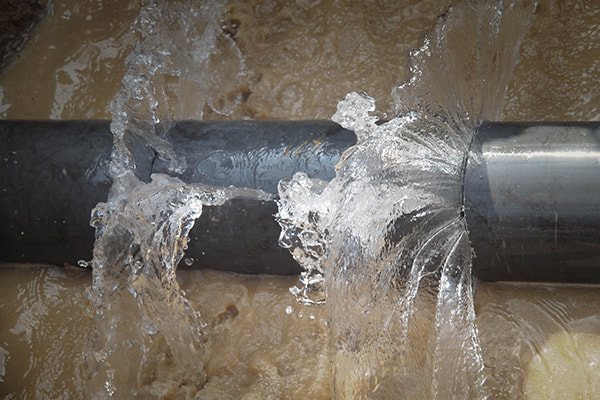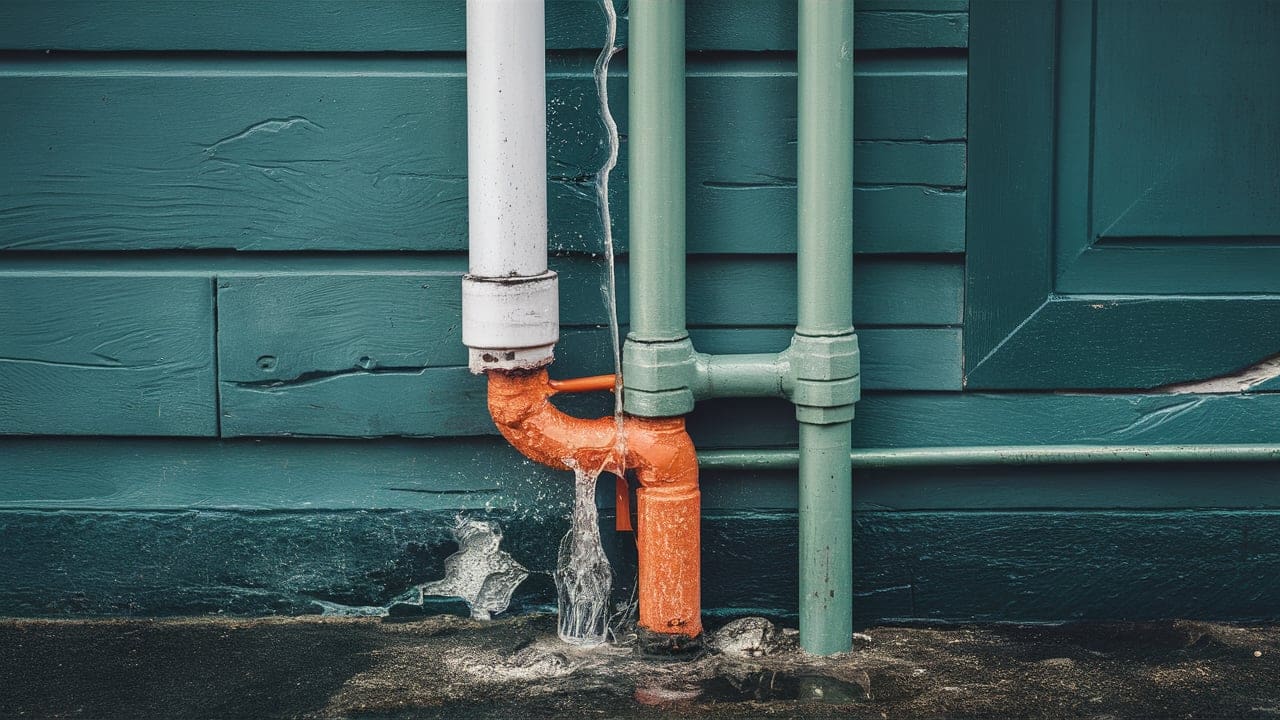Burst Pipe Insurance Claims: What You Need to Know for Water Damage Coverage
Burst Pipe Insurance Claims: What You Need to Know for Water Damage Coverage
Blog Article
Avoiding Ruptured Water Lines: Vital Tips to Shield Your Plumbing
Avoiding ruptured pipelines is a critical concern for property owners, specifically during chillier months when the risk of cold is increased. Implementing critical actions such as correct insulation, regular evaluations, and preserving constant indoor temperature levels can significantly lower the probability of pipe failure.
Understand Pipeline Vulnerabilities
Understanding pipe vulnerabilities is vital for efficient plumbing upkeep and avoiding costly damages. Several variables add to the vulnerability of pipes to ruptureds, consisting of material composition, age, and ecological conditions. Older pipelines, specifically those made from galvanized steel or polybutylene, usually weaken in time, leading to raised danger of leakages and tears.
Temperature level fluctuations can also considerably influence pipeline stability. In chillier climates, water trapped in pipelines can freeze, putting in and increasing stress on the pipe walls, which may ultimately lead to a ruptured. Furthermore, high water stress can stress pipelines, specifically at bends and joints, increasing the chance of failing.

Insulate Piping Effectively
Correct insulation of pipelines is vital for protecting against cold and succeeding bursts during chilly weather (burst pipe). Shielding your pipes system efficiently safeguards against temperature level goes down that can lead to expensive damage. Begin by determining vulnerable areas where pipelines are subjected to exterior temperature levels, such as basements, attics, and exterior walls
Usage foam pipe insulation sleeves or wrap insulation tape around these locations to provide a safety obstacle. Ensure that all areas of the pipes, specifically those with minimal warm direct exposure, receive sufficient insulation. Pay unique focus to installations and joints, as these are more prone to freezing.
When protecting, it's vital to pick materials that meet regional building ordinance and are suitable for the details atmosphere. For example, fiberglass insulation is typically advised for its thermal resistance residential properties - burst pipe. Furthermore, consider making use of warmth cables or tape in extreme conditions, which can be plugged in to offer additional warm
Frequently examine shielded pipes for any kind of signs of wear or damage, as endangered insulation can decrease its effectiveness. By taking these aggressive actions, you substantially minimize the danger of pipeline bursts, making certain a dependable pipes system throughout the winter season.
Maintain Consistent Temperature Level
A stable indoor temperature is essential for preventing ruptured pipelines throughout the cold months. When temperatures decline, water within pipes can freeze, developing and expanding pressure that may inevitably cause the pipes to burst. To mitigate this threat, house owners should preserve a regular temperature level investigate this site throughout their home, ideally no less than 55 ° F(13 ° C)Making use of a programmable thermostat can help manage interior temperature levels successfully, ensuring that rooms with plumbing continue to be cozy even when the house is empty. Pay special focus to areas that are more vulnerable to cool, such as attic rooms, basements, and garages. Maintaining closet doors open under sinks can additionally allow warmer air from the home to circulate around pipes.
Additionally, it is sensible to permit faucets to drip a little during extreme cold snaps. This minor circulation of water can stop freezing by relieving pressure within the pipelines. During especially serious climate occasions, take into consideration momentarily suspending any type of nighttime troubles on your thermostat to maintain a stable warm environment. By carrying out these techniques, home owners can significantly minimize the danger of pipe bursts and safeguard their plumbing systems against the rough winter months components.
Consistently Examine Pipes
Routine examinations of plumbing systems are crucial for protecting against ruptured pipelines and maintaining top article total home honesty. Throughout these evaluations, it is vital to take a look at noticeable pipelines for signs of corrosion, leakages, or wear.
In addition, inspecting links and joints is essential, as these factors are typically susceptible to leakages. House owners need to additionally assess water pressure degrees, as too much pressure can stress the pipes system and increase the risk of pipe ruptureds.
Consider organizing professional plumbing evaluations at least once a year, especially prior to winter season, to guarantee your system is prepared for chillier temperatures. By being positive in your technique, you can secure your home against the turbulent and discover here pricey repercussions of burst pipelines.
Know Emergency Treatments
Recognizing emergency procedures is essential for each homeowner, especially after conducting normal plumbing examinations. Being planned for a plumbing emergency situation can considerably mitigate damages and save prices. Initially, find your major water shut-off valve; it is typically discovered near the water meter or where the major line enters your home. Acquaint on your own with its operation, as closing off the water system swiftly can stop considerable flooding.
Next, maintain vital devices useful. A pipes emergency set should include a wrench, bettor, and towels, along with a flashlight and a pail for little leaks. In addition, consider having the contact details for a trusted plumber easily offered, should the situation rise past your control.
If you detect a leak or burst pipe, immediately shut off the supply of water and inform your plumbing professional. Document the damage with pictures for insurance coverage objectives. Know the signs of possible plumbing problems, such as uncommon water stress variations or damp places on wall surfaces
Eventually, aggressive expertise and speedy activity are vital in managing pipes emergency situations, guaranteeing your home continues to be protected and decreasing potential damage.

Verdict
To conclude, avoiding ruptured pipes requires a complex method that includes understanding pipeline vulnerabilities, appropriate insulation, maintaining constant interior temperatures, normal evaluations, and expertise of emergency treatments. By carrying out these important approaches, the danger of pipes failings can be considerably minimized, thereby making sure the longevity and effectiveness of the pipes system. Proactive procedures not only guard against prospective damages yet also add to overall water preservation and the defense of home.
In cooler climates, water trapped in pipes can ice up, applying and increasing pressure on the pipe walls, which might ultimately lead to a burst. When temperature levels drop, water within pipes can ice up, creating and expanding pressure that might ultimately cause the pipes to ruptured. By implementing these strategies, home owners can significantly reduce the threat of pipeline ruptureds and safeguard their pipes systems versus the severe winter aspects.

Report this page